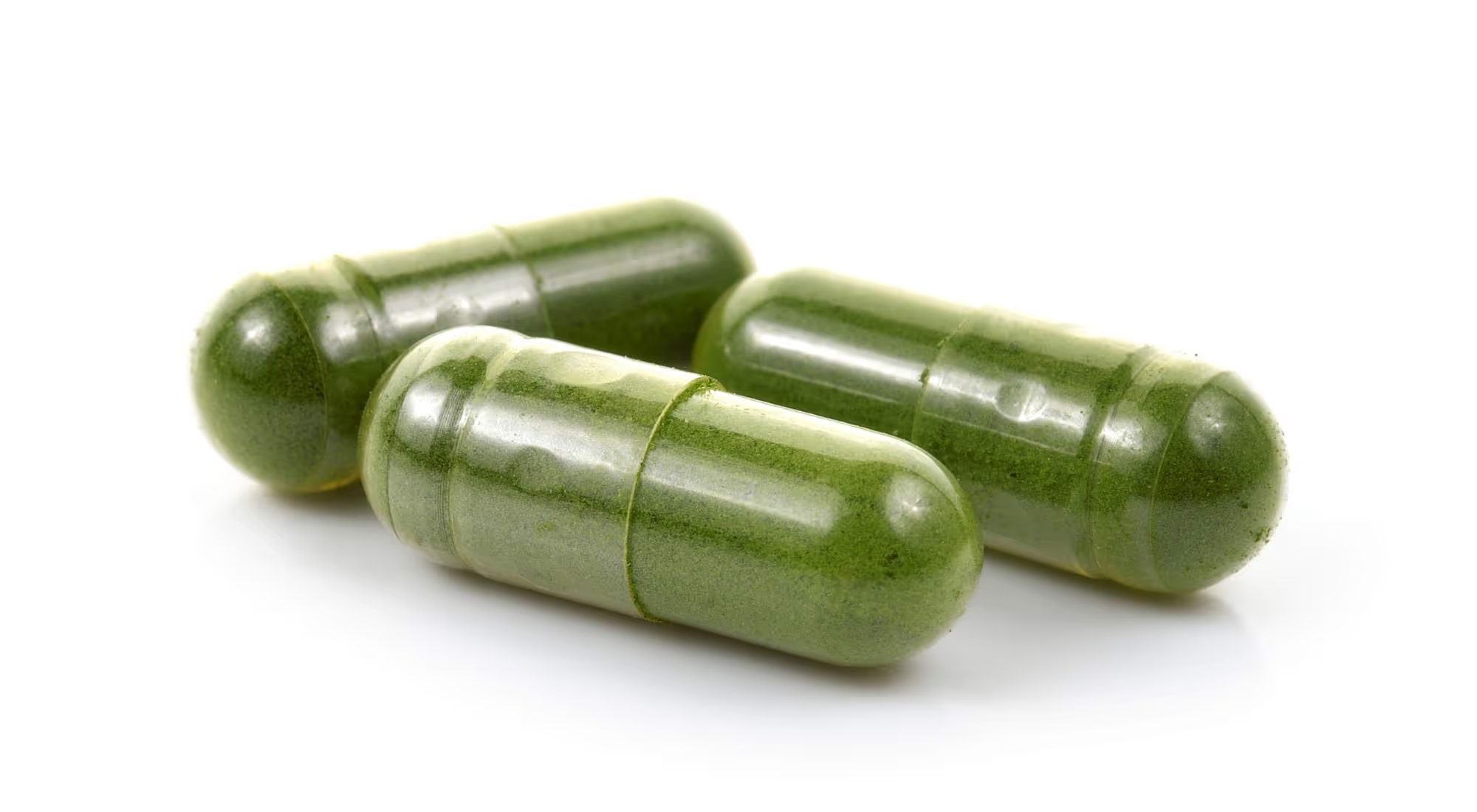Can Kratom Cause Kidney Pain? Understanding the Risk and When to Seek Help

You may have heard that kratom is a natural remedy for conditions like pain and anxiety. It comes from a plant, so what harm could it do?
It turns out, kratom can do significant damage to your body.
Medical professionals are raising red flags, especially about its impact on the kidneys.
This article will unpack kratom’s effects on the kidneys and offer guidance on what signs to watch for if you are concerned about your kidney health.
Table of Contents
- A Brief Overview of Kratom’s Origins and Effects
- Is Kratom Bad for Your Kidneys? What the Evidence Says
- How To Recognize the Warning Signs of Kidney Trouble
- Kratom Use and the Bigger Picture: Addiction, Dependence, and Organ Health
- The Importance of Detoxing From Kratom Safely and With Professional Support
Kratom is a tropical tree native to Southeast Asia. Records show that the use of kratom in these countries dates back to at least the 19th century. It is known for its opioid-like properties and its stimulant effects.
Kratom was traditionally used to:
- Treat musculoskeletal pain
- Increase energy
- Increase appetite
- Increase sexual desire
Kratom use in the United States gained popularity between 2011 and 2017 and surged to 15 million users by 2020.
In the U.S. kratom has typically been used to self-treat conditions such as:
- Mood disorders
- Pain
- Substance use disorders
- Opioid withdrawal
- Anxiety
- Depression
Although the U.S. Food and Drug Administration has not approved kratom, and its safety is still being studied, it has become popular as a “natural” alternative for pain relief and mood support.

Why Kratom Use Has Grown in the U.S.
There are many reasons why kratom use has become more popular in the United States including:
- Self-treatment: In low doses, kratom acts as a stimulant which makes people feel alert and more energetic. In higher doses, Kratom is used as a sedative and makes people feel less anxious and calm, and reduces their pain. Therefore, people may turn to kratom use to manage pain, anxiety, fatigue, and depression.
- Opioid Substitute: People suffering from Opioid Use Disorder often don’t have access to medication and seek alternatives such as kratom to manage their withdrawal symptoms and their dependence on stronger opioids.
- Availability: Although the FDA has not approved kratom for medicinal use, there are no currently federal regulations in place banning the sale of kratom in the United States. It can be found through online retailers and in some shops, so people do not perceive it as illegal. According to the FDA, kratom cannot be lawfully marketed as a dietary supplement, a food additive, or a drug product.
- Perceived safety: People who use kratom view it as a safe herbal remedy because it is derived from a plant and has been used for centuries. However, there is limited research to determine its safety. The FDA warns against its use due to the potential for addiction, dependence, and serious side effects.
Known Side Effects of Kratom on the Body
Kratom has many side effects that can wreak havoc on your body including:
- Nausea
- Dehydration
- Aggression
- Hallucination
- Trouble breathing
- Liver toxicity
In people with pre-existing conditions, kratom use may:
- Increase the risk of seizure for people with epilepsy
- Worsen heart conditions
- Increase the risk of suicide for people with alcohol dependence
- Worsen mental health conditions
There are also concerns about addiction and dependence. When combined with other drugs, kratom use can even be lethal.
How Kratom May Contribute to Kidney Pain
Kratom has a diuretic effect, meaning it causes increased urination. Frequent urination means your body is losing fluids and it can lead to dehydration.
Even mild dehydration can damage the kidneys.
Dehydration leads to the buildup of toxins, acid, and waste in your body, which can contribute to kidney stones and urinary tract infections.
Each time you use kratom, you risk putting strain on your kidneys and permanently damaging them. Prolonged and excessive use can cause acute kidney failure.
Kratom use has also been linked to a condition called hyperkalemia (high potassium levels in the blood). It disrupts the body’s electrolyte balance which includes potassium regulation.
The kidneys remove potassium from your blood, but increased levels of potassium in your blood cannot be removed as quickly. High potassium can be very dangerous and lead to heart attack or death.
Kratom use can be risky for your health.
If you or a loved one are experiencing kratom addiction, Dove Recovery can help. Our comprehensive treatment programs are individualized to meet your needs.
.avif)
Symptoms To Look Out For
These symptoms may signal a problem with your kidney function:
- Changes in urination: Urinating more frequently or a change in the color of your urine (foamy, bloody, or darker) are warning signs.
- Swelling: Swelling in your hands, feet, ankles, and face due to fluid retention is important to look out for.
- Fatigue and weakness: Kidney problems can lead to tiredness and low energy levels due to the buildup of toxins in the blood that the kidneys aren’t removing.
- Muscle cramps and pain: Toxic buildup can cause cramps and pain in the muscles and nerves.
- Itchy skin: Dry, itchy skin can be a sign of advanced kidney disease.
When Kidney Pain Is a Medical Emergency
If you are experiencing kidney pain, it may be difficult to determine what constitutes the need for medical attention. Call your healthcare provider right away if you have:
- Severe pain: If your pain does not respond to over-the-counter medication and is intense or unbearable you should see your doctor immediately.
- Fever: If you have a fever of 101.5 or higher accompanied with chills it could be a sign of a kidney infection.
- Vomiting: If you cannot retain fluids or medications because of vomiting, seek medical care.
- Bloody or painful urination: If you are noticing blood in your urine or if you have pain and burning during urination, there could be a serious problem with your kidneys. The inability to urinate is also a cause for seeing a doctor.
A combination of any of these factors could indicate a kidney infection and should be treated seriously.
Kratom has been used for centuries in many countries to treat many ailments “naturally.” Although kratom has been marketed as a safe herbal supplement and has the perception of being helpful to your body, it can be detrimental to your body.
The long-term negative effects on your body outweigh the short-term relief kratom may give you.
Kratom use, especially frequently or in high doses puts undue strain on your organs, causes toxic buildup, and worsens pre-existing conditions.
In addition to physical effects on your body, kratom use can also lead to addiction and psychological dependency. Kratom functions as an opioid, which can be dangerous.

If you have developed a dependence on kratom, trying to quit cold turkey can lead to withdrawal symptoms such as:
- Anxiety
- Muscle aches
- Insomnia
- Cravings
- Watery eyes
- Runny nose
- Vomiting
- Tremors
- Depressed mood
- Anger
These symptoms can lead to relapse.
When trying to quit, medically supported detox and healing programs are important to consider because they ensure that your liver and kidney wellness are attended to, you are supported, and you have help managing withdrawal symptoms.
Are You Experiencing Kratom Kidney Pain? The Compassionate Team at Dove Recovery Can Help
If you or a loved one are suffering from kratom kidney pain, Dove Recovery’s compassionate team is focused on personalized care for every client.
Our programs include ambulatory detox, counseling and therapy, aftercare for continued recovery support, and evidence-based addiction therapies.
Our experienced counselors and therapists are here to help you succeed in treating kratom addiction. Reach out today.
.avif)
